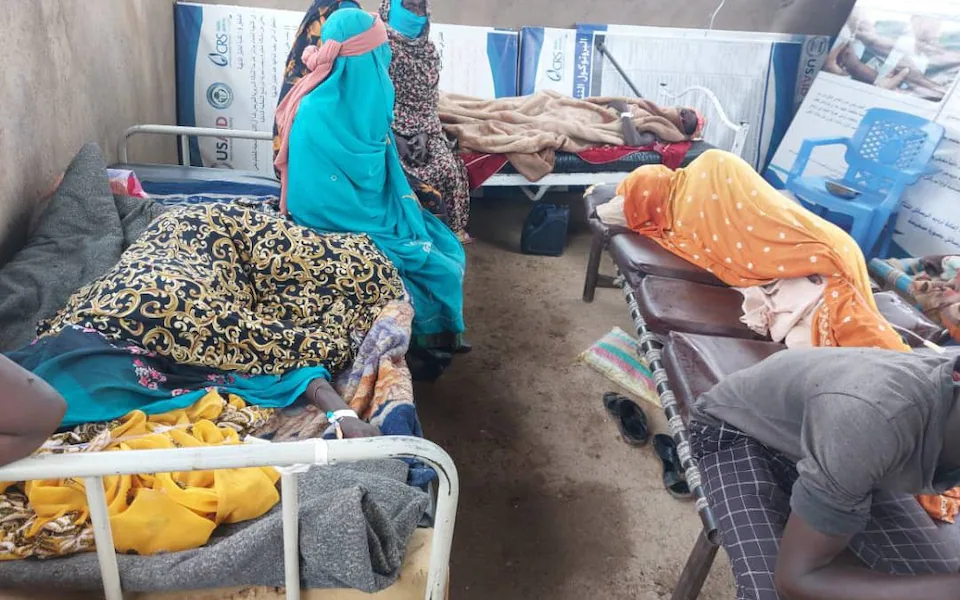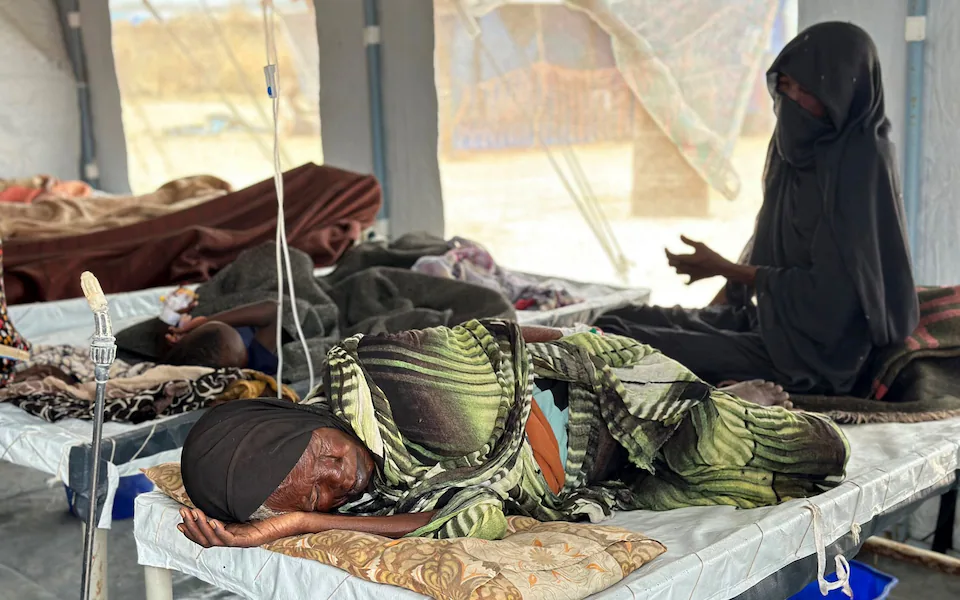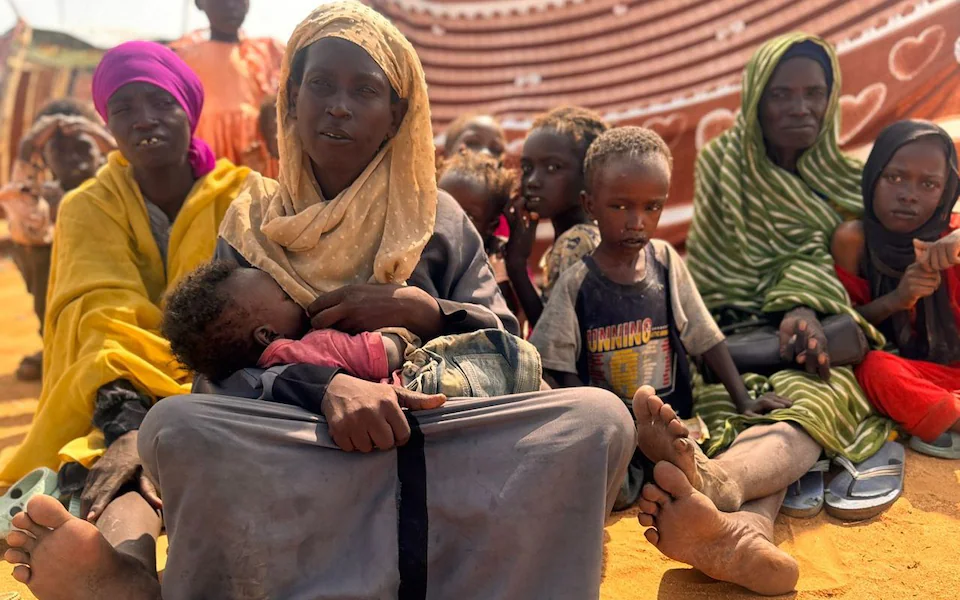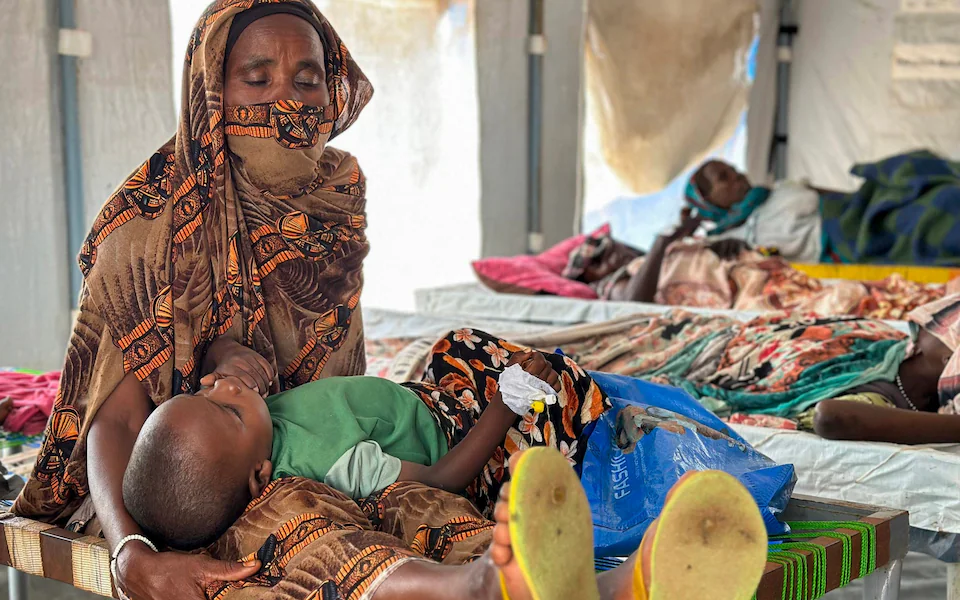Sudan is confronting its deadliest cholera outbreak in years, with the crisis deepening as waves of people displaced by conflict crowd into camps lacking clean water and sanitation. The epidemic, which began last year in Darfur, has surged at an alarming pace, according to Adam Rojal of the Darfur Displaced People and Refugees Coordination.
Health System at Breaking Point
Doctors Without Borders (MSF) reported treating more than 2,300 cholera patients in Darfur in just one week, with at least 40 deaths. Overcrowded camps in Tawila, North Darfur—where more than 380,000 people have recently fled—have become epicentres of disease transmission. Many residents survive on just three litres of water a day, less than half the World Health Organisation’s emergency minimum, and are forced to drink from contaminated sources. In some cases, wells used for drinking water were found to contain human remains.

“The situation is catastrophic,” said MSF coordinator Sylvain Penicaud. “People are literally forced to choose between thirst and poisoned water.”
First-Hand Accounts of Collapse
Displaced residents described appalling conditions. Najla Adam Ahmed, now living in the Daba Nair camp, recounted that “water supply is very limited in some places and non-existent in others.” Another survivor, 60-year-old Hawa Muhammad Mousa, recalled nearly dying from severe dehydration before receiving treatment. Camps often lack toilets or sewage systems, accelerating the spread of the disease.
Images from Jebel Marra camps show multiple cholera patients crammed onto single beds, while others lie on metal benches awaiting care.

Conflict as a Driver of Disease
The outbreak is inseparable from Sudan’s civil war, which erupted in April 2023 between the Sudanese army, led by Gen. Abdel Fattah al-Burhan, and the paramilitary Rapid Support Forces (RSF), led by Mohamed Hamdan “Hemedti.” The fighting has displaced over 11 million people internally—half in Darfur—and pushed four million more to flee the country.
Recent RSF offensives, including an assault on the Zamzam displacement camp and the siege of El Fasher, triggered mass exodus toward Tawila, overwhelming fragile humanitarian structures. Survivors recount harrowing escapes marked by killings, hunger, and exhaustion. Many describe losing everything—possessions, livelihoods, and family members—to violence or disease.
In El Fasher, food shortages have reached such extremes that residents resorted to eating animal feed to stave off starvation. Even in Tawila, those who manage to flee often arrive with nothing to eat. Heavy rains have only worsened conditions by flooding camps and contaminating scarce water supplies.

Regional Spillover and Global Alarm
Cholera, caused by ingesting water or food contaminated with Vibrio cholerae, can kill within hours without treatment but is preventable through rehydration therapy and vaccines. Despite this, Sudan has already recorded nearly 100,000 suspected cases and more than 2,400 deaths. The epidemic is now spreading beyond its borders: Chad has reported hundreds of cases and 16 deaths, while South Sudan is battling its longest outbreak in history.
MSF’s Sudan mission head, Tuna Turkmen, warned that the crisis is “beyond urgent” and requires a massive, coordinated international response. “Every day of delay costs lives,” he said. “Survivors of war must not be left to die from a preventable disease.”



